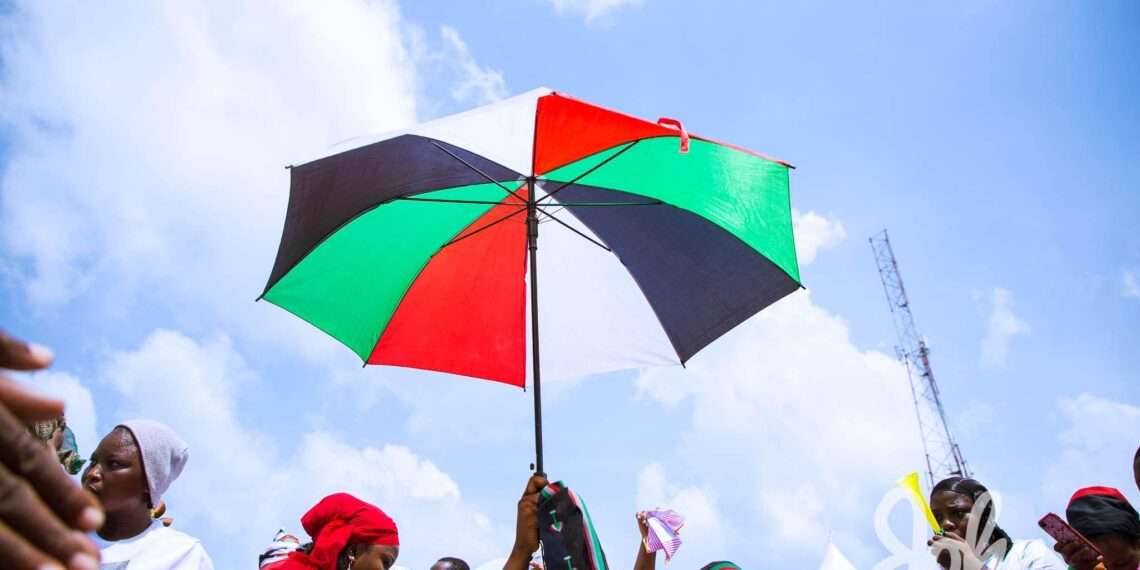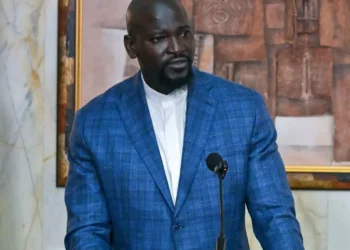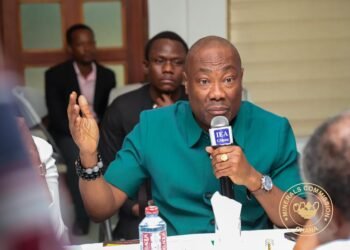Mobilisation remains one of the strongest tools for political parties in Ghana, yet its role is often overlooked once parties secure power.
Political activist and lawyer, Oliver Mawuse Barker-Vormawor, has raised concerns that the National Democratic Congress (NDC) risks losing a key advantage by mismanaging its approach to youth mobilisation.
His critique centers on the appointment of Malik Basintale as a bureaucrat, a decision he described as one of the least strategic moves by the party in recent memory.
“It doesn’t matter where anyone sits; we can all agree that Malik has been a revelation. Particularly in the run in towards the election. Great street credibility with mobilising enthusiasm.
Oliver Mawuse Barker-Vormawor
Barker-Vormawor argued that political parties often lose sight of their grassroots power after forming a government.
“They begin to see the tsooboi as the task of opposition candidates. They start to think that facts and figures only are what drive credibility. No! It never has.”
Oliver Mawuse Barker-Vormawor

Accordingly, he stressed that politics thrives on emotion, emotional connection, and constant high-energy engagement.
In his opinion, once in power, a government should not abandon activities like rallies, marches, clean-up exercises, and energizing events that keep the base inspired.
A Call For Active Mobilisation
Barker-Vormawor further insisted that Basintale’s greatest strength lies in his ability to keep the youth energized.
Rather than serving in a government office, his role should have been to travel across the country, rallying young people behind government policies and keeping the NDC’s support base constantly active.
He believes that with proper resources and strategic direction, Basintale could have been a driving force in sustaining the party’s long-term growth.
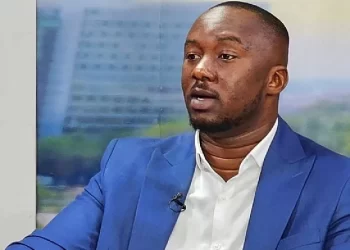
“Now, it is true that in the process, Malik would have built a massive national profile. He would become extremely popular. Jerry Rawlings-esque, almost. For me, that’s exciting. I know for some people, that would be threatening to their personal political ambitions.”
Oliver Mawuse Barker-Vormawor
While some might view this as a threat to personal political ambitions, Barker-Vormawor described it as a long-term win for the party.
A young leader with strong grassroots influence could help solidify generational support for the NDC, ensuring its continued relevance in Ghana’s political landscape.
The activist expressed regret that the party has allowed its mobilisation structures to weaken.
In his assessment, the once-vibrant system now leaves young men loitering around party offices with “half-literate, half-formatted CVs” that will never be considered.
Meanwhile, Basintale, whom he considers one of the NDC’s strongest assets, has been relegated to office work in Accra, sorting through contracts and allowances, while his true talents remain unused.
Lessons From History
Drawing comparisons, Barker-Vormawor pointed to what Dr. Frank Amoakohene, the Ashanti Regional Minister, is currently doing in the Ashanti Region, describing his efforts as an example of the high-energy political mobilisation needed to sustain generational enthusiasm.
He argued that such efforts should not only be embraced but multiplied across all regions. For him, this type of momentum is exactly what distinguished the Convention People’s Party (CPP) in its early days.

“This is why Nkrumah was different. The CPP never stopped mobilising. They defined high-energy politics. This is why they won elections by a landslide always.”
Oliver Mawuse Barker-Vormawor
Barker-Vormawor believes the NDC must learn from this historical precedent, keeping its foot firmly on the pedal of mobilisation rather than waiting until the final months before an election.
He recommended that Basintale be taken out of bureaucratic functions and placed back on the streets, fully resourced with a budget to lead mobilisation efforts 24/7.
For him, that is how a mass political party is built and sustained—through consistent and visible engagement with its base.
The Future Of Political Engagement
Barker-Vormawor’s reflections come as a wake-up call for the NDC and other political parties in Ghana.
He emphasized that innovative and bold ideas often thrive when parties are in opposition but quickly lose traction once they assume power. To him, this is a mistake that undermines the long-term vitality of any political organization.
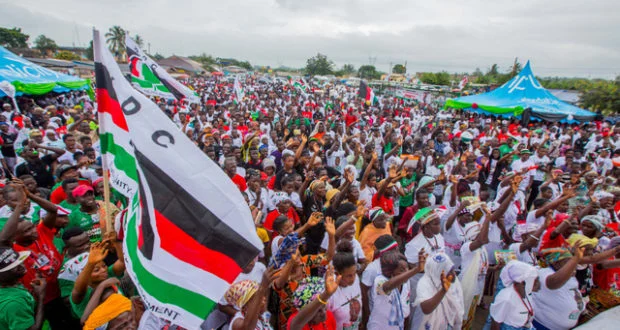
As he concluded his remarks, Barker-Vormawor left a message underscoring his larger point about strategy and accountability, drawing from a symbolic lesson: “ACTIVATE ALL BODY CAMERAS ALWAYS!”
For him, this is not just about technology but about vigilance, constant awareness, and never taking the eyes off the larger task of mobilising and sustaining the people’s energy.
The debate around Basintale’s appointment highlights deeper issues within the NDC regarding how to balance governance with grassroots work.
Whether the party can adapt and rekindle its mobilisation machinery may determine its strength heading into the next electoral contest.

